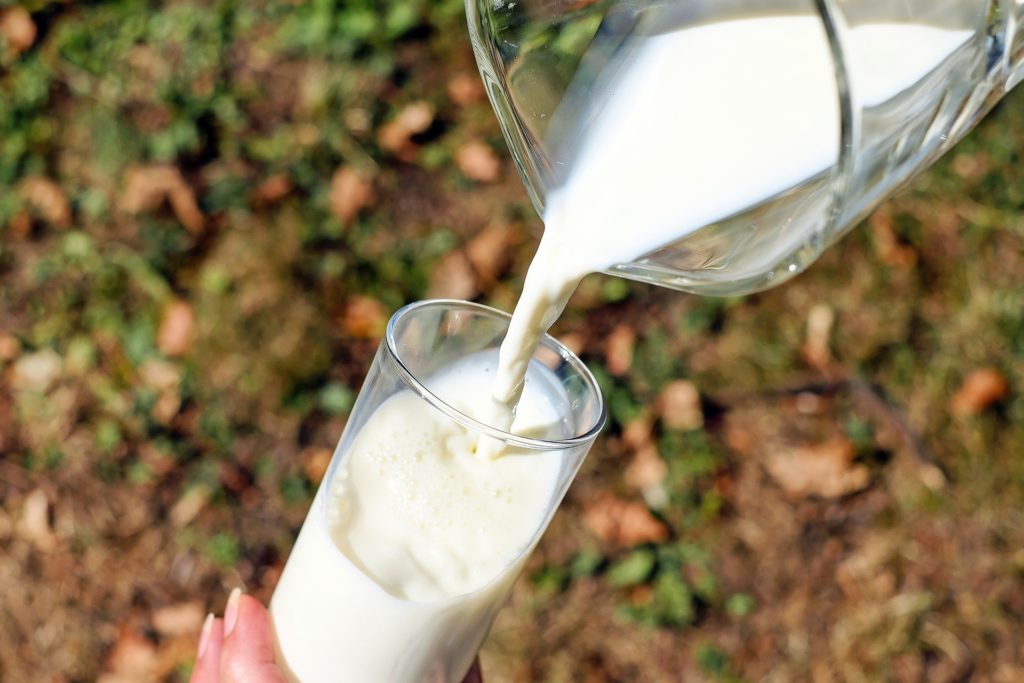Cows might have some competition. Camel milk is reportedly more nutritious than cows milk, causing the demand for it to rise. This is definitely a surprising change considering plant-based beverages seem to have been a trend recently. Though this product is popular in places such as Somalia, Saudi Arabia, and other locations in Africa and the Middle East, it is a generally new concept in the US.
This rise in popularity could be do the various purported health benefits of camel milk. The product doesn’t contain whey proteins, which are known to trigger diary allergies. The beverage also contains less lactose than cows milk. Producers claim that this is safe to drink for consumers who are lactose intolerant – however there is limited research on this. In addition, camel milk has a good number of vitamins; one cup contains 30 percent of the daily intake needed for calcium and 70 percent of vitamin B1. It also contains zinc, selenium and vitamin E.
Despite these benefits, the concept of camel milk might still be foreign to North American consumers. In addition, camel milk is higher in price than other milks. One camel produces five to six litres per day – this is very little compared to the 16 litres produced by the average cow. With this difference, four eight-ounce containers of camel milk costs $60. However, the global camel milk market is expected to grow by 2022 at a CAGR close to 7 percent.
In the US, camel milk is available online. Containers come as fermented kefir and in pasteurized, raw and powdered forms. Currently, Americans get 97 percent of their dairy products from cows. This is due to the normalization and domestication of cows. As stated earlier, cows are able to produce more milk and farmers and producers can benefit from increasing herd size.
Lately, there have been many different forms of milk hitting the market. Milk from goats, sheep, yaks and pigs have disadvantages in terms of high fat content and high price. This camel milk trend might be coming just in time considering the dairy industry is adding more products to the market. However, it’s unknown whether plant-based milks will affect sales of new camel milk products. Milks such as almond milk and soy milk are also very popular in the market. With a rising interest in health, the environment and animal rights, plant-based milks are also innovating their products to increase sales.
So Delicious had recently introduced a plant-based bottle for their almond milk. This was beneficial to gain consumer interest by having an environmental cause in their marketing. It was found that a “clean label” is a prime factor in gaining sales. While camel milk is not a vegan or plant-based product, will its nutritional benefits be enough to start a new industry category?












Join or login to leave a comment
JOIN LOGIN